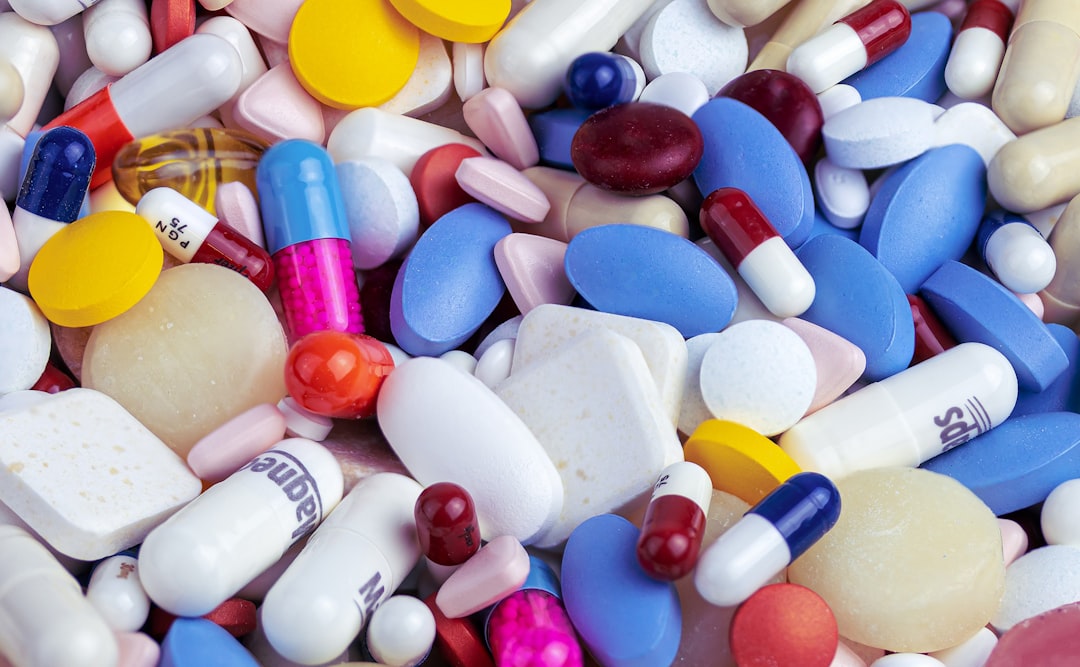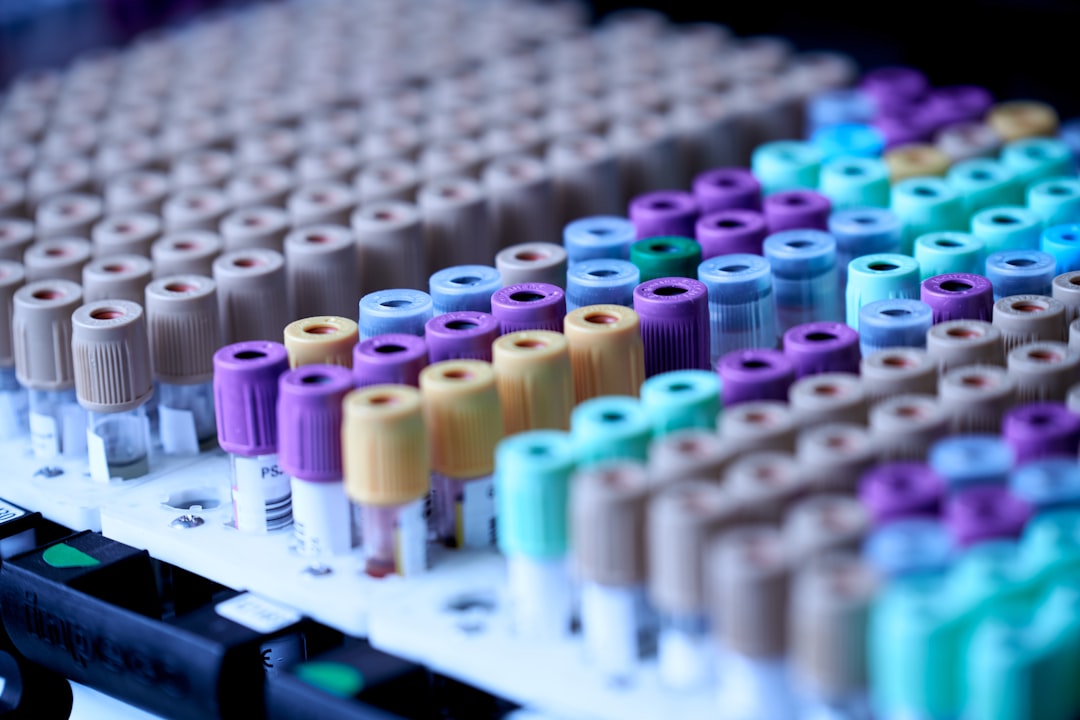The Role of Drug Testing in Addiction Treatment and Recovery
Drug addiction is a complex and challenging issue that affects millions of people worldwide. While there is no one-size-fits-all approach to addiction treatment and recovery, drug testing plays a crucial role in the process. By regularly monitoring a patient's drug use, healthcare professionals can assess their progress, ensure compliance with treatment plans, and provide necessary support and interventions.
The Importance of Drug Testing in Addiction Treatment
Drug testing serves as a valuable tool in addiction treatment for several reasons. Firstly, it allows healthcare providers to accurately diagnose and assess the severity of a patient's addiction. Through urine, blood, or hair tests, professionals can detect the presence of drugs and determine the substances involved, enabling them to tailor treatment plans to the individual's specific needs.
Regular drug testing also helps to monitor a patient's progress throughout their recovery journey. By testing for drugs at different stages of treatment, healthcare providers can identify any relapses or instances of non-compliance. This information allows them to adjust the treatment plan accordingly, providing additional support or modifying the approach to ensure the best possible outcome for the patient.
Ensuring Compliance and Accountability
Drug testing promotes accountability and helps patients stay committed to their recovery. Knowing that they will be tested regularly acts as a powerful deterrent for individuals tempted to use drugs during treatment. It serves as a reminder of the consequences of relapse and encourages patients to remain focused on their goals.
Moreover, drug testing provides an objective measure of progress, which is particularly important in cases where patients may be in denial about their drug use or minimizing the severity of their addiction. By providing concrete evidence, drug tests help patients acknowledge the reality of their situation and take the necessary steps towards recovery.
Supporting Treatment and Preventing Relapse
Drug testing also plays a critical role in supporting addiction treatment and preventing relapse. By identifying any drug use, healthcare providers can intervene promptly, offering additional counseling, therapy, or medication adjustments as needed. Early detection of relapse can significantly improve the chances of successful recovery.
Furthermore, drug testing helps to create a safe and supportive environment for patients. In group therapy sessions or residential treatment facilities, knowing that everyone is being tested can foster a sense of trust and accountability among peers. It reduces the risk of individuals bringing drugs into treatment settings and helps maintain a drug-free atmosphere that is conducive to recovery.
Conclusion
Drug testing is an integral part of addiction treatment and recovery. It provides healthcare professionals with valuable information about a patient's drug use, allowing for personalized treatment plans and ongoing monitoring. By promoting compliance, accountability, and early intervention, drug testing plays a crucial role in supporting individuals on their journey to recovery.

